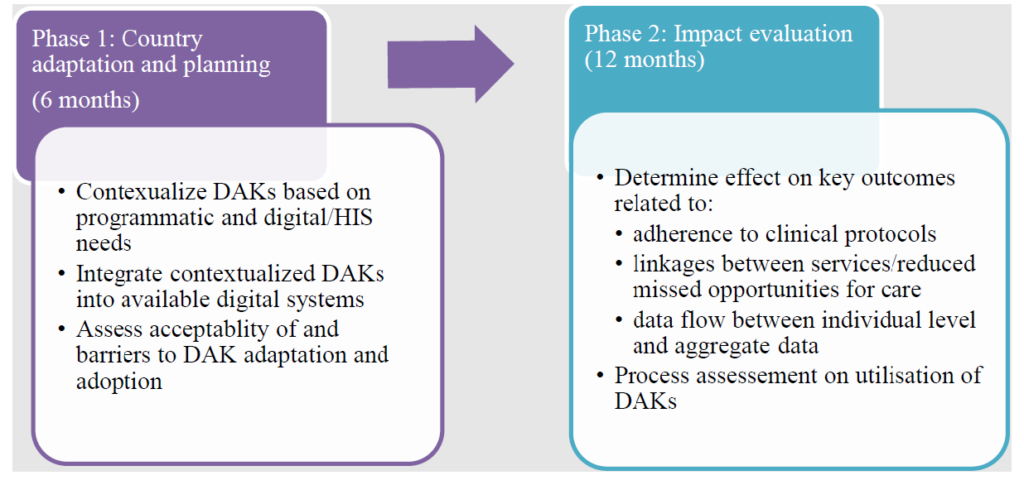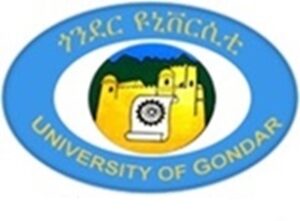Overview
Countries are increasing investments in the digitization of legacy paper-based systems. WHO launched the SMART Guidelines initiative to support countries’ digitization journeys and facilitate a structured approach to embedding WHO recommendations and standards within digital systems. “Digital Adaptation Kit” (DAK) is one of the tools within the WHO SMARTGuidelines initiative. DAKs provide an operational and software-neutral mechanism that distills WHO guidelines into a standardized format that can be more easily incorporated into digital systems.
The DAKs are intended to help provide health content and requirements to apply WHO guidance in digital form and communicate with both health practitioners/managers and technologists as they design digital systems. DAKs have been developed for sexual and reproductive health areas of antenatal care (ANC), family planning (FP), and HIV. Other health areas such as immunization, tuberculosis, and child health are also in the pipeline as part of a comprehensive primary health care (PHC) approach.
eHealth Lab Ethiopia /University of Gondar in collaboration with WHO headquarters and WHO country office is implementing DAKs at primary healthcare facilities.
Expected Outcomes
- Refine standard operating procedures for effectively implementing DAKs to optimize outcomes related to quality of care.
- Enhance integration of services.
- Improve data quality and analysis.
- Provide replicable models and findings using SRH-HIV as a use case.
- Extend findings to additional health areas.
- Offer a consistent methodology for digitizing services at the PHC level.
Aims of the Project
This implementation research aims to identify processes needed for adapting and incorporating the DAKs into countries’ existing digital systems for strengthening primary care, as well as assessing the impact of introducing the DAKs on service delivery and routine health information systems.
Research Phases

Collaborators


